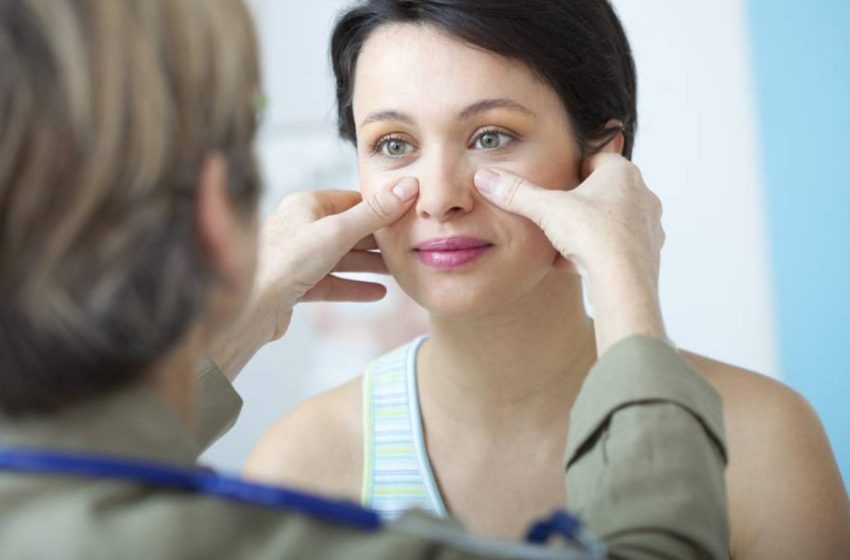
Rhinoplasty, commonly known as a nose job, is a surgical procedure that alters the shape of your nose. Whether it’s for cosmetic reasons, to correct a congenital disability, or to improve breathing, this surgery requires careful post-operative care to ensure the best results.
Proper care after rhinoplasty Turkey is crucial for a smooth recovery and achieving the desired outcomes. Exercise can play a role in this, but it’s important to approach it with caution and a well-informed plan.
Table of Contents
Consulting Your Surgeon
Before jumping back into any physical activities, it’s crucial to consult with your surgeon. They know the specifics of your surgery and recovery and can provide personalized advice tailored to your situation. Here are some important questions to ask:
- When can I start exercising again?
- What types of exercises are safe during my recovery?
- Are there any activities I should permanently avoid?
- What signs of complications should I watch for when I start exercising?
Listening to Your Body
Your body will communicate its readiness to resume activity through various signals. Pay close attention to how you feel before, during, and after exercise. Here are some tips:
- Start with short, low-intensity sessions and gradually increase the duration and intensity.
- If you experience pain, dizziness, or excessive swelling, stop immediately and rest.
- Keep a recovery journal to track your progress and any symptoms you experience. This can help you identify patterns and adjust your routine accordingly.
- Don’t push yourself too hard. Recovery is not a race, and overexertion can lead to setbacks.
Types of Exercises and When to Resume
Light Activities (Weeks 1-2)
In the first couple weeks after surgery, you should focus on gentle movements that promote circulation without straining your body.
- Walking: Light walking is an excellent way to keep blood flowing without putting pressure on your nose. Start with short walks around your home and gradually extend the distance.
- Gentle Stretching: Perform simple stretches to keep your muscles flexible. Avoid movements requiring bending over or putting your head below your heart.
Moderate Activities (Weeks 3-4)
You can slowly reintroduce moderate activities as you enter weeks three and four. These should still be low-impact to avoid jarring your healing nose.
- Light Aerobic Exercises: Activities like stationary cycling or using an elliptical machine can be introduced. Ensure the resistance is low and avoid high-intensity intervals.
- Yoga (excluding inversions): Yoga can help with flexibility and relaxation. Focus on gentle, flowing movements and avoid any poses that involve inverting your body or putting pressure on your face.
Gradual Return to Intense Workouts (Weeks 5-6 and Beyond)
You can start reintroducing more intense workouts from week five onward but do so gradually and carefully.
- Strength Training: Begin with light weights and avoid exercises that strain the facial muscles, such as heavy bench presses or deadlifts. Gradually increase the weight as you feel more comfortable.
- High-Intensity Interval Training (HIIT): Slowly incorporate HIIT sessions, starting with shorter intervals and lower intensity. Monitor your body’s response and adjust accordingly.
- Contact Sports Considerations: Sports like boxing, basketball, or soccer pose a higher risk of injury to your nose. Consult your surgeon before resuming these activities, and consider wearing protective gear if advised.
Avoiding High-Impact Activities
High-impact activities such as running, jumping, or exercises involving significant jarring should be avoided initially. These can increase swelling and the risk of injury to your nose. Instead, opt for low-impact cardio options like:
- Walking or hiking on flat terrain
- Swimming (once incisions are fully healed and with your surgeon’s approval)
- Cycling on a stationary bike
Protecting Your Nose
Wearing protective gear is essential if you are engaging in activities with a risk of contact with your nose. Here are some options:
- Face Shields or Masks: These can help protect your nose from accidental bumps or contact.
- Adjusting Equipment: Ensure that any equipment you use, like straps for weight lifting, does not pressure your nose.
Monitoring Your Heart Rate
Keeping your heart rate within a safe range is important to avoid increasing blood flow to your face, which can exacerbate swelling. Tips include:
- Using Heart Rate Monitors: Wearable technology can help you keep track of your heart rate.
- Staying Cool and Hydrated: Exercise in a cool environment and drink plenty of water to help regulate your body temperature and reduce swelling.
- Following these guidelines, you can safely resume your exercise routine after a nose job surgery, ensuring a smooth and healthy recovery. Always prioritize your health and listen to your body, and don’t hesitate to seek advice from your healthcare provider if you have any concerns.
Gradual Return to Intense Workouts (Weeks 5-6 and Beyond)
- Strength Training: Start with light weights and avoid exercises that strain your facial muscles.
- High-Intensity Interval Training (HIIT): Gradually reintroduce HIIT, monitoring your body’s response.
- Contact Sports Considerations: Consult your surgeon before resuming any contact sports to avoid re-injury risk.
Specific Exercises to Avoid
Heavy Weightlifting
Lifting heavy weights can strain the facial muscles and impact your healing process. Stick to lighter weights and gradually increase as you recover.
Inverted Yoga Poses
Avoid yoga poses that involve inverting your body, as these can increase blood flow to your face and potentially cause complications.
Recovering from a nose job surgery requires patience and careful attention to your body’s signals. By following these guidelines and consulting your surgeon, you can safely resume your exercise routine.
Remember, recovery is a journey. Stay positive, be patient with yourself, and focus on your overall well-being. With the right approach, you’ll quickly return to your regular activities.
Ready to learn more about rhinoplasty and ensure the best care for your procedure? Visit Flymedi to explore expert advice, find top-rated surgeons, and book your consultation today. Start your journey to a beautiful, confident you with Flymedi.



